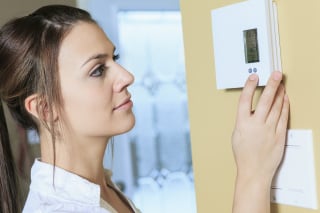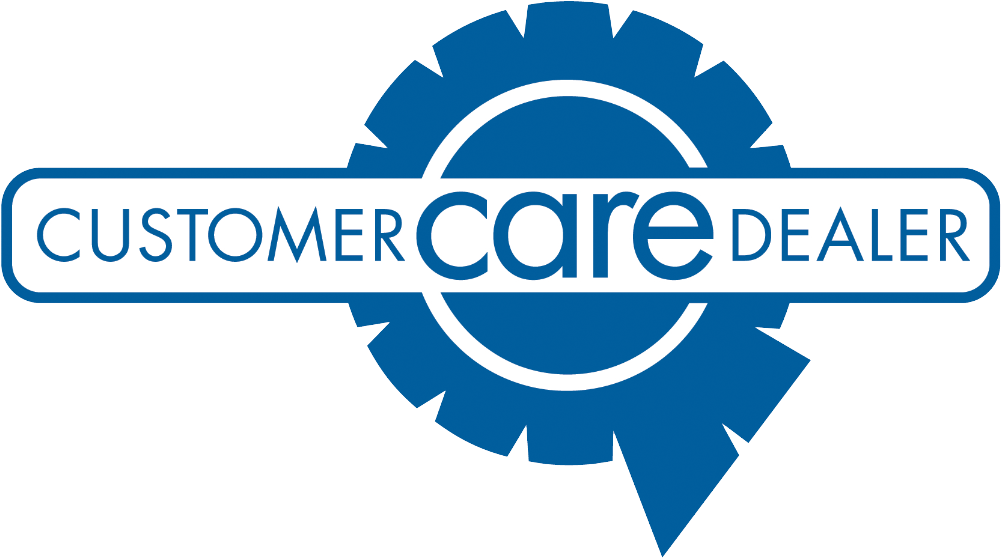An important function of residential air conditioning systems is to remove excess humidity in the air. When humidity levels are high, this puts extra strain on the cooling system and can lead to repairs or complete replacement. If you don’t want emergency HVAC replacement in Snellville, GA, it’s a good idea to keep the humidity levels in check. In this post, we discuss how humidity affects HVAC performance and the steps to take to balance the humidity levels in your home.
Signs You Have a Humidity Problem
Air conditioners don’t only remove heat from the home. When your air conditioner is working like it’s intended to work, the right amount of moisture and heat is removed from the home. If you’re constantly adjusting your thermostat and not getting the relief you’re needing, it’s possible that the issue is with the amount of moisture in your home.

Have you noticed any of these 3 signs in your home?
- Windows fog up for no apparent reason.
- People comment that your home smell musty or feels damp. Typically, it’s guests who notice the musty odor because they don’t live in the house and haven’t become accustomed to the smell.
- You feel sticky and the air feels heavy in the house even with the air conditioner running.
These are all good indications that you have a humidity problem. Aside from feeling uncomfortable, high moisture levels mean that your AC system must work harder to cool down the home. When this happens, mechanical problems become a nuisance and you need frequent HVAC repair in Snellville, GA. The majority of humidity problems stem from old and inefficient HVAC systems that aren’t able to keep up with the demands. Also, if you have the wrong-sized system in your house, you’ll experience problems too. When you have a HVAC system that is too small for your heating and cooling needs, it’s harder for the unit to remove all the extra moisture in the air. That being said, don’t assume a larger system will get rid of all the moisture. Sometimes the air conditioner needs some extra help.
Humidity Wastes Energy
Not only does an excess of humidity in the house put strain on your AC system and require regular HVAC repair service in Snellville, GA, it also wastes energy. Not only does the extra moisture in the air make it uncomfortable being in your home, but it also causes higher utility bills. Now, that’s only adding insult to injury. Don’t you think?
Dehumidification Strategies
Ideally, you want your home’s humidity level below 60%. Anything higher is too much for indoor comfort and optimal cooling. One of the most efficient ways to keep your home’s humidity levels in check is to have an HVAC repair contractor in Snellville, GA, install a dehumidifier on your HVAC system. This offers the best humidity monitoring all year round. This can be done during new HVAC installation in Snellville, GA, or on an existing unit.

If you’re not interested in having a dehumidifier installed on your HVAC unit, consider purchasing a stand-alone unit. This allows you to manually manage humidity levels, running the appliance only when you need it. Stand-alone units do collect moisture from the air and require frequent emptying, so do plan for this extra maintenance task.
If you have issues with high humidity, contact Emperor Cooling & Heating for more information about managing your home’s moisture.

